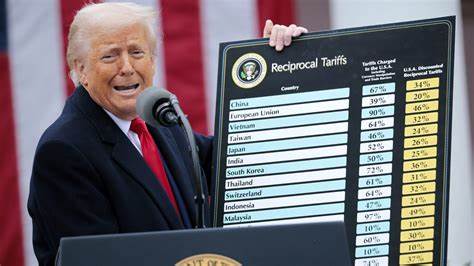The International Monetary Fund (IMF) has held on to its 2022 growth forecast for Nigeria at 2.7 per cent and increased 2023 projection by 0.1 per cent to 2.7 per cent.
Recall, the IMF had in its October report last year projected a 2.7 per cent growth rate for 2022 and 2.6 per cent for 2023.
Join our WhatsApp ChannelThe IMF, in its January World Economic Outlook report released on Tuesday, downgraded its growth forecast for sub-Saharan Africa to 3.7 per cent and 4.0 per cent for 2022 and 2023 respectively from 3.6 per cent and 3.9 per cent forecast in its October 2021 WEO report.
The The International Monetary Fund also reduced its forecast for global economic growth to 4.4 per cent in 2023, representing 0.5 percentage points lower than the 4.9 per cent projected in October.
According to the IMF, the decline will be triggered majorly by the COVID-19 variant spreads and inflation.
It said: “The global economy enters 2022 in a weaker position than previously expected. As the new Omicron COVID-19 variant spreads, countries have reimposed mobility restrictions.
“Rising energy prices and supply disruptions have resulted in higher and more broad-based inflation than anticipated, notably in the United States and many emerging markets and developing economies. The ongoing retrenchment of China’s real estate sector and slower-than-expected recovery of private consumption also have limited growth prospects.”
“Assuming inflation expectations stay well-anchored, inflation should gradually decrease as supply-demand imbalances wane in 2022 and monetary policy in major economies responds,” it said.


















Follow Us